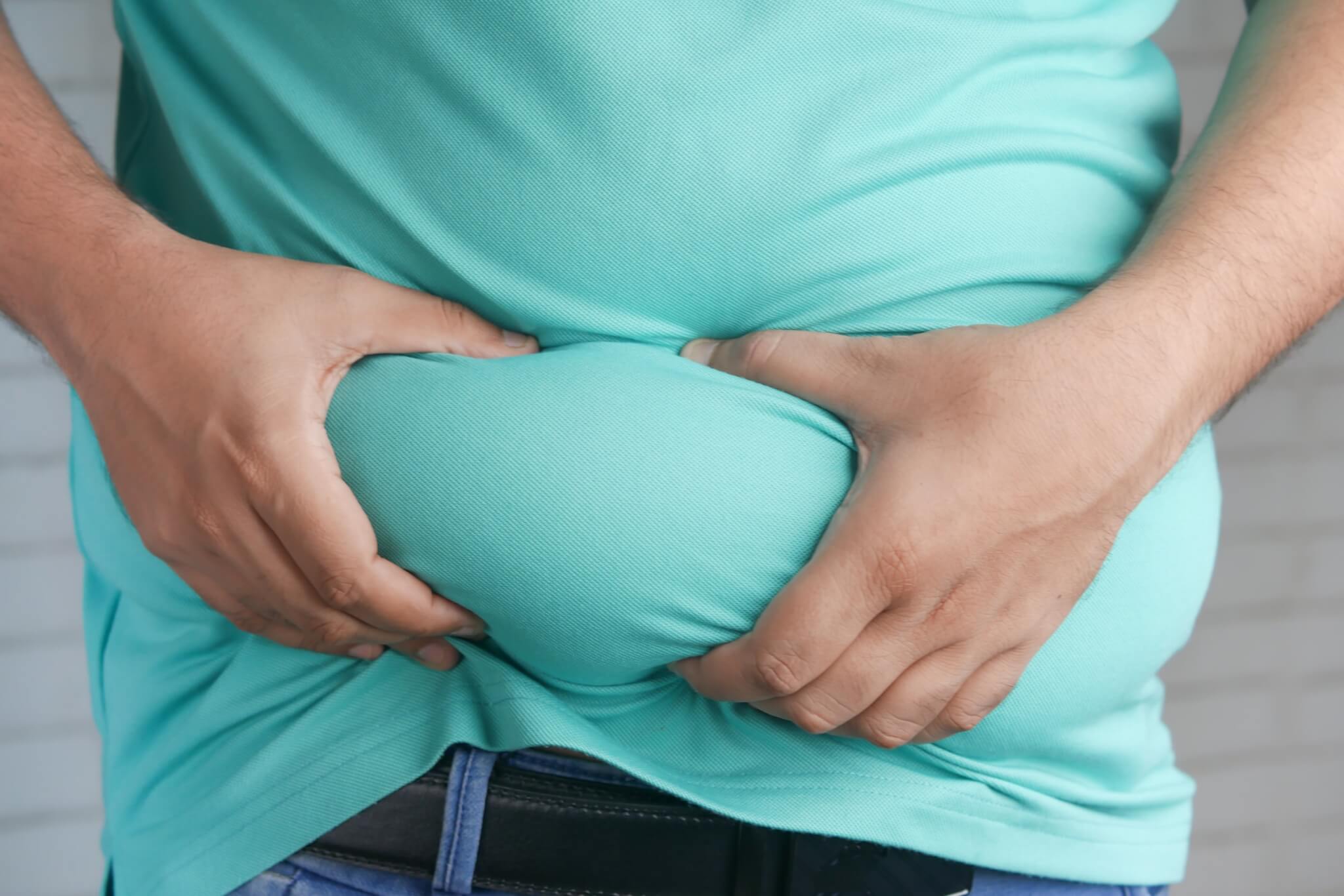PHILADELPHIA — With so many tasty snacks and fatty foods to choose from, many people have eaten something they later regretted. In the middle of a diet, these lapses in judgment can feel like a devastating failure, but new research is serving as a reminder not to beat yourself up too badly the next time your hand finds itself in the cookie jar. Scientists from Drexel University discovered that people showing higher levels of self-compassion reported better mood and self-control over their eating and exercise habits in the hours directly following a “snacking lapse.”
The study authors say their work shows self-compassion can promote the adoption and maintenance of healthier weight loss behavior by helping dieters avoid feeling demoralized by setbacks. For reference, self-compassion refers to treating oneself with the same care and kindness typically offered to loved ones.
“Many people worry that self-compassion will cause complacency and lead them to settle for inadequacy, but this study is a great example of how self-compassion can help people be more successful in meeting their goals,” says Charlotte Hagerman, PhD, an assistant research professor in the College and lead study author, in a media release. “The road to achieving difficult goals—especially weight loss—is paved with setbacks. Practicing self-compassion helps people cope with self-defeating thoughts and feelings in response to setbacks, so that they are less debilitated by them. In turn, they can more quickly resume pursuing their goals.”
Data came from a group of 140 people, all of whom were in the middle of a weight loss regimen using a group-based lifestyle modification program. Participants filled out surveys on their smartphones multiple times daily, reporting on any dietary lapses (eating more than intended, a food they didn’t intend, or at a time they didn’t intend), as well as how much they were responding to each lapse with self-compassion. All participants also answered questions regarding mood and how efficiently they had been able to practice self-control over their eating and exercise behaviors since the last survey.

Prof. Hagerman notes losing weight, rather than maintaining a physique, is extremely difficult. In many cases, people heap piles of unfair blame on themselves.
“In reality, we live in a food environment that has set everyone up to fail. Practicing self-compassion rather than self-criticism is a key strategy for fostering resilience during the difficult process of weight loss,” Prof. Hagerman explains. “The next time you feel the urge to criticize yourself for your eating behavior, instead try speaking to yourself with the kindness that you would speak to a friend or loved one.”
For instance, instead of saying, “You have no willpower,” go for a kinder and truer statement: “You’re trying your best in a world that makes it very difficult to lose weight.”
Researchers stress this approach isn’t akin to letting yourself “off the hook.” Self-compassion helps provide grace to move forward during a highly challenging process.
All in all, the study authors hope their work will lead to more effective interventions that teach people how to practice self-compassion when they experience setbacks, such as overeating or weight gain. Moving forward, they would like to conduct further research regarding the best strategies for instilling self-compassion and reducing self-blame/criticism while still holding oneself accountable to personal standards and goals.
“It can be easy for the message of self-compassion to get muddied, such that people practice total self-forgiveness and dismiss the goals they set for themselves,” Prof. Hagerman concludes. “But we’ve shown that self-compassion and accountability can work together.”
The study is published in the journal Appetite.
